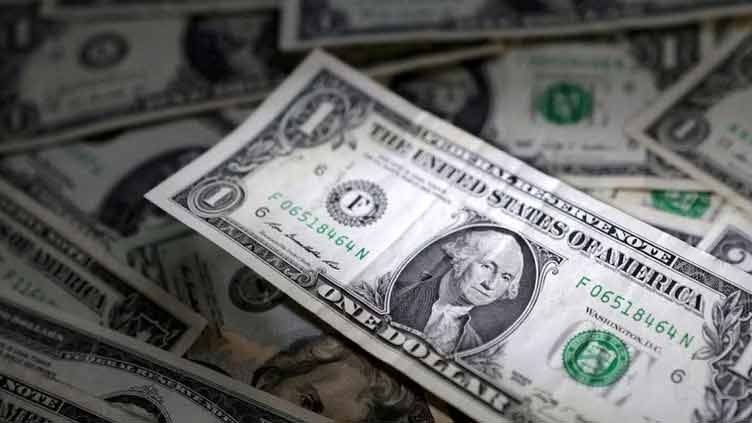S&P Global's top economist sees dollar dominance diminishing

Business
Says dollar doesn't have quite the pull it used to
LONDON (Reuters/Web Desk) – The dollar's grip as the dominant global currency is loosening, credit rating agency S&P Global's top economist said.
Aggressive US sanctions such as last year's freezing of hundreds of billions of dollars’ worth of Russia's reserves has seen a flurry of countries start to do some trade in currencies other than dollar as well as repatriate gold reserves.
The dollar "doesn't have quite the pull it used to," Paul Gruenwald, S&P's chief economist, said at a conference hosted by the ratings firm in London.
"There's a fragmentation around the edges".
Gruenwald pointed to a number of examples where countries were now circumventing the dollar: "We've got other things happening outside of the dollar world".
He cited the rise in trade done in China's yuan and the cheap financing offered by China-headquartered development banks such as the Asia Infrastructure Investment Bank and the New Development Bank, formerly known as the BRICs bank.
"The US (dollar) will continue to be a leading world currency, (but) it will no longer be the dominant world currency," Gruenwald said.
THE ALTERNATIVES
Brazilian President Luiz Inácio Lula da Silva is one of the strongest voices against the dollar’s dominance. Last month, he again proposed creating a common currency in the region during a meeting with South American heads of state in Brasilia.
The single currency would apply to the Mercosur trade bloc – comprising Argentina, Brazil, Paraguay, and Uruguay.
He proposed to strengthen the South American identity in monetary policy rather than relying on extra-regional currencies and argued that regional development banks like the Andean Development Corporation (CAF), the Bank of the South and Brazil’s development bank BNDES should do more to finance social and economic development in the region.

